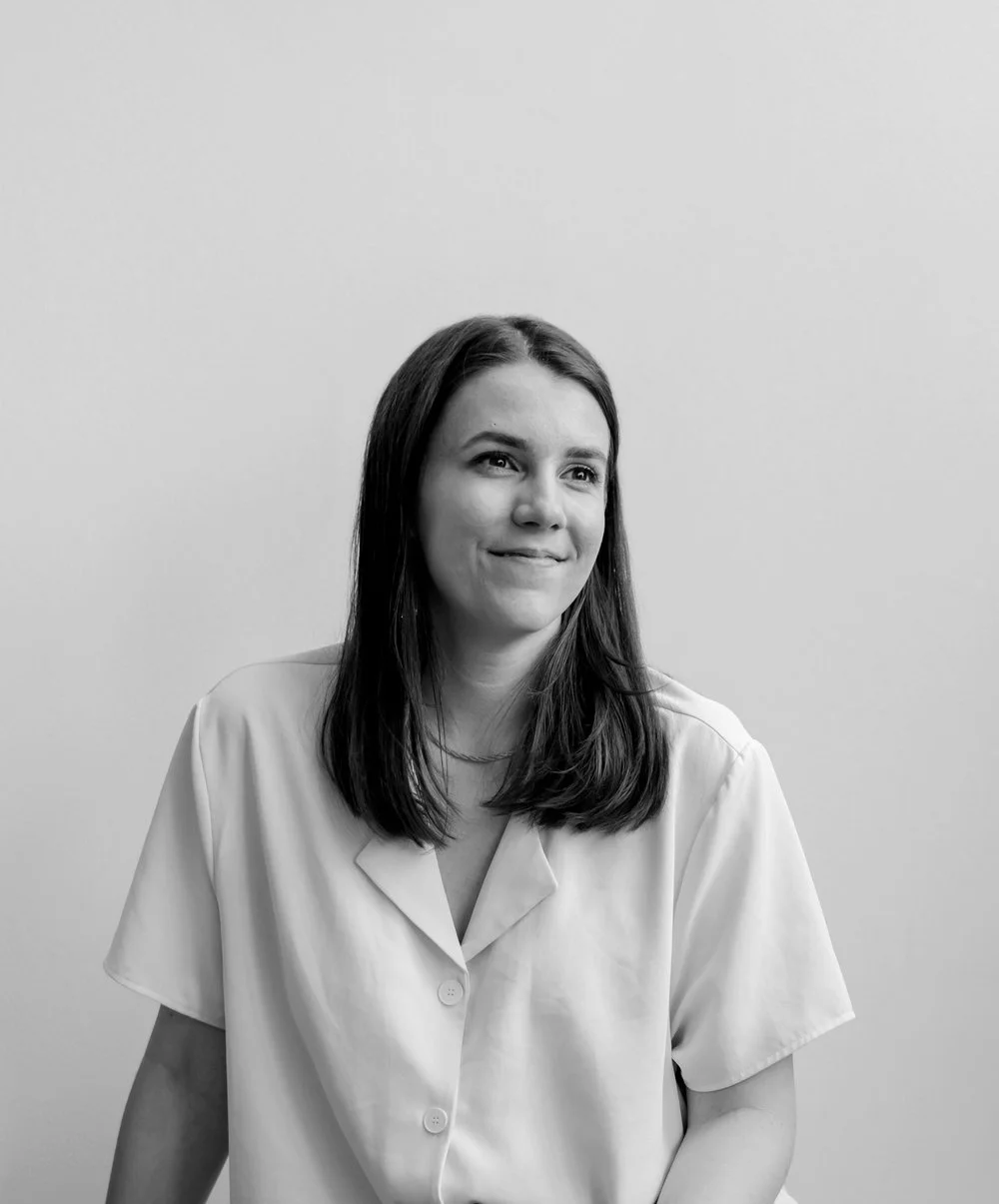this—office is an architecture and spatial research practice. We believe in a collaborative approach to design that works with experts across disciplines to explore and expand the traditional territories and typologies of architecture
An evolving and incomplete list of principles we try and allow to inform our work
look global—
Through past and present research, we are continually exploring global models of housing development to discover what may work within our context. We will always search for new ideas to help our community.
be human-centred—
We believe good design begins with people. It should be grounded in their everyday experiences, needs and aspirations.
work local—
We believe in an architecture that is routed within the territory in which it resides. This means, where possible, forgoing materials imported from overseas in favour of local resources. Think architecture’s version of the 100-mile store. We believe this has a positive environmental, economic and social impact.
be communicative—
We want to contribute to a wider conversation about the ethics, affordability and sustainability of the architecture that surrounds us.
consider life-cycle—
We continually examine the carbon impact of our designs, Using building materials with lower amounts of embedded carbon as well as reducing the building’s energy use. We aim to reduce a building’s overall carbon impact—from construction through operation.
be joyful—
Let’s not be bland. Too often designs which prioritize affordability and sustainability neglect the intangible elements of architecture. We aim to create spaces that inspire, amuse and allow for people to indulge and enjoy life’s pleasures.
Samantha Eby
Samantha Eby is an Architect and Researcher based in Toronto and Director of this—office
Samantha holds a Master of Architecture (2019) from the University of Toronto and a Bachelor of Architectural Studies (2014) from the University of Waterloo. Through her work she explores the intersection of design, policy frameworks, and ownership models, focusing on their impact on housing projects.
She was honored with the Canada Council for the Arts Prix de Rome for Emerging Practitioners in 2020 and has spent the last few years travelling to various cities exploring alternative housing development models that result in non-market housing. Samantha has worked in Architecture offices in Canada and the United States and founded this—office, an architecture and spatial research practice dedicated to exploring new typologies and models of architecture through non-traditional collaborations and research.
Samantha is a sessional instructor at the University of Toronto and an adjunct professor at the University of Waterloo School of Architecture.
Get in touch: samantha@this-office.com
